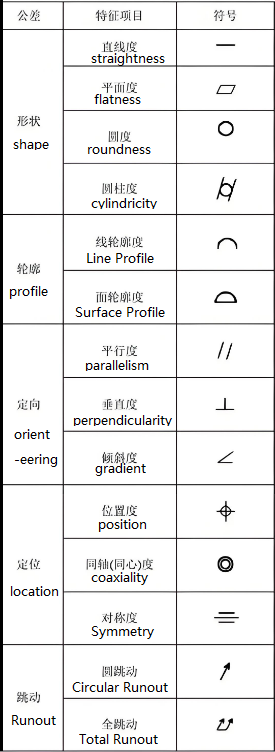Time to read: 6 min

What Are Tolerances?
Tolerances are the specified limits of dimensional variation that can occur in a manufactured part. In CNC machining, they indicate how much a part's dimensions can deviate from the nominal size and still be considered acceptable.
Common Types of Tolerances in CNC Machining
- Standard Tolerances: Machinists often follow standard tolerances unless specific customer requirements dictate otherwise.
- Bilateral Tolerances: Allow deviations in both positive and negative directions from the nominal dimension.
- Geometric Dimensioning and Tolerancing (GD&T): A comprehensive system that defines geometric characteristics and their allowable variations.
- Unilateral Tolerances: Permit deviations in only one direction, either plus or minus.
- Limit Tolerances: Specify a range between an upper and lower limit within which the part's measurement must fall.
Things to Keep in Mind When Choosing Tolerances
- Application of Parts: The intended use of the part will often dictate the required tolerances.
- Cost Implications: Tighter tolerances can increase machining time and costs due to the need for more precise control and potential tool wear.
- Material Characteristics: Different materials affect the achievable tolerances due to factors like hardness, abrasiveness, and heat stability.
- Manufacturing Method: The choice of CNC machine and method can influence the level of tolerance that can be practically achieved.
- Inspection Requirements: Tight tolerances necessitate more rigorous and time-consuming inspections, potentially requiring specialized equipment.
How to Find the Right Tolerance
- Consider the Part's Use: Understand how the part will be used to determine the necessary precision.
- Consult with a Reputable CNC Machining Company: Engage with experts to discuss project goals and determine optimal tolerances.
- Understand the Default Tolerances: Be aware that if tolerances are not specified, CNC services will default to their standard tolerances.
Unofactory: Your Partner for Precision CNC Machining
Unofactory offers CNC machining services with tolerances that align with ISO standards, catering to both standard and extreme precision requirements. Our state-of-the-art facility in Shenzhen, China, houses a range of CNC machines capable of achieving the tightest tolerances while maintaining efficiency.
We provide comprehensive services, including quality inspection, material certifications, and full-dimensional inspections with reports. Our commitment to precision ensures that your parts meet exact specifications.
Conclusion:
Understanding and specifying the appropriate tolerances for your CNC machining project is crucial for balancing quality, cost, and production time. By working with a reliable CNC machining partner like Unofactory, you can ensure that your parts meet the highest standards of precision and functionality.




